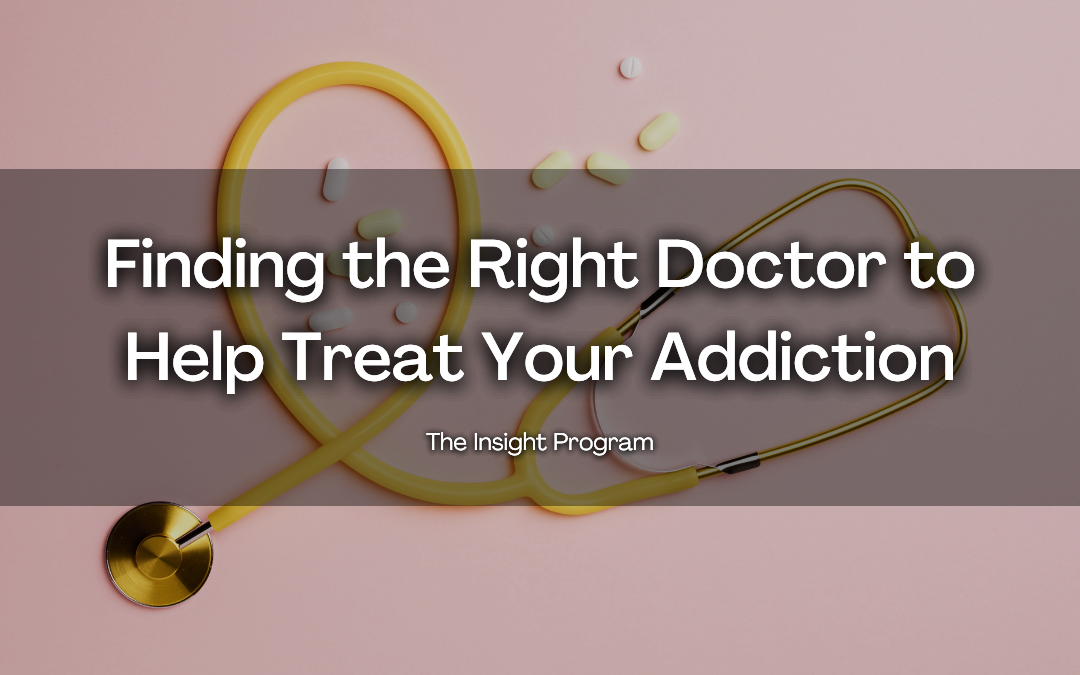Struggling with addiction can be extremely challenging, especially if you’re trying to break the cycle. Addiction is a difficult journey, and there are chemical and biological processes that make breaking an addiction extremely difficult. Your body has essentially become dependent on a substance, and it’ll react almost as though you’re depriving it of food or water, or even worse when trying to quit. This is why it is important to find the right doctor to help treat your addiction. Your doctor should understand the withdrawal process, know what support to provide and when, and how to best keep you on track. There are a few different programs and environments that can help with treating your addiction, and it’s important to choose the one that seems like the best fit for you.
Inpatient or Residential
This is the typical type of treatment most people think of when someone is ‘going to rehab.’ Treatment takes place at a live-in rehab facility in which you’ll be subject to a fairly rigid schedule and guidelines to follow. This structure really helps people who have trouble staying addiction-free on their own. These programs also have a therapeutic component, delving deeper into the emotional aspects and root causes for the addiction, trying to help overcome any emotional trauma or other factors that drove someone to addiction in the first place.
Intensive Outpatient
This type of treatment covers a lot of the same treatment techniques as an inpatient but is done in the comfort of your own home. Programs still have strict schedules but are usually tailored around your work and life schedule. This is best for people who would benefit from inpatient care but are unable to due to work or other obligations.
Outpatient
This type of therapy meets regularly, generally once or twice per week. This could include group sessions in which people help support each other or can be one on one sessions with a counselor. Outpatient settings work well for people who are secure in being able to combat their addiction and stay addiction-free but need that little extra emotional support or those who have been addiction free for some time.
Support Groups
Support groups are generally free to anyone with a problem and include things like Alcoholics Anonymous, SMART Recovery, and any of the 12-step programs. These are great in that they don’t have as high of a financial burden but also provide a great sense of community and a way to help keep yourself accountable. You’ll generally have a sponsor or someone who provides help when needed and keeps you accountable and is usually someone who struggled with and overcame their own addictions and can help give you advice and talk to you from experience.

